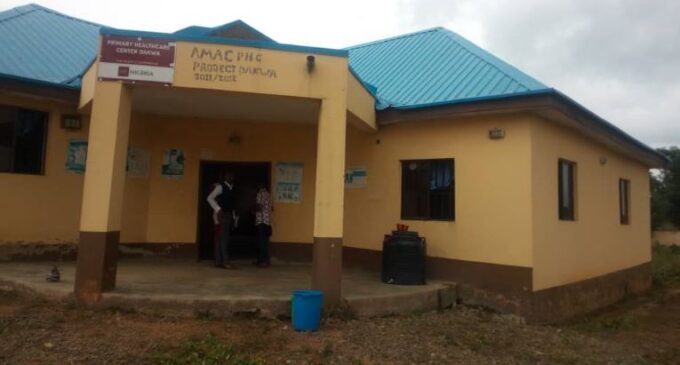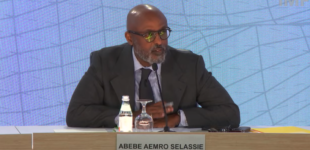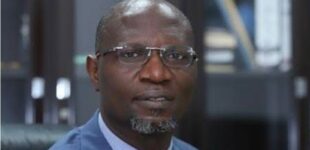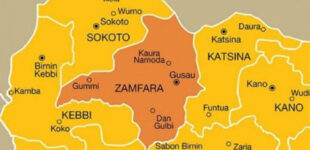From kerosene lamp to solar power: How Abuja health centre got past its worst nightmare

Imagine having to use a kerosene lamp for child delivery because there’s no electricity. What if something goes wrong and the lamp goes off? What will happen to the woman and the baby making its arrival into the world?
That was the nightmare faced by the workers at the primary healthcare center in Dakwa, Abuja municipal council, for a couple of years after its establishment in 2014.
Dakwa is off the grid, hence power supply is non-existent there. Despite that situation and the associated risks, the PHC had to keep running against all odds to service four communities in the area — Gofina, Kokoife, Dakwa Sarki and Gwalada.
“We were using lantern(kerosene lamp) for a long time; it was difficult but we were left with no choice,” Martha Zdikko, the community health extension worker in charge of the facility, told journalists during a recent visit.
“We found it difficult when there is no light and there is a woman in labour at night. We would struggle with where to place the lantern to shine very well so we can be able to see and conduct the delivery.
“With the lantern, you have to stress yourself. If there is no kerosene, you have to get kerosene that night before you come back and continue your work.”
Worse still, Zdikko said there is no government funding from the council area for the health centre, which means they had to independently source for funding for kerosene and other necessary requirements.
No power also meant an inability to store the vaccines they use, among other implications.
“Anytime we needed to vaccinate, we had to go to other local governments to get their vaccines and return them afterwards,” Zdikko said.
SOLAR ENERGY TO THE RESCUE
The facility was subjected to the risky process of child delivery until 2016 when succour came its way through VAYA Energy Solutions Limited, a Nigerian renewable energy company, which deployed solar-generated electricity to the facility, supplying panels and other equipment.

Stanley Vandu, head of the company, told journalists that the gesture is part of the company’s corporate social responsibility.
“We went to AMAC and they selected a hospital for us mainly because it was off-grid, they had no power at all,” he said.
“We gave this facility power in March 2016, and since then, they have had power for 24 hours.
“We are trying to break into the FCT and also the Primary Health Care Development Agency, because with the plan to revitalise 10,000 PHCs, we are trying to see how we can get in to provide power for this PHCs.
“What I have realised is, no matter how well you renovate the buildings and put beds, if there is no power, everything is of no use, because power really drives everything. At least it helps to store drugs and ensure the place is well lit. Power for us, is key and for this kind of place, it has to be sustainable.”
Although Dakwa, located about 30 kilometres from the federal capital territory (FCT), is in the clear, there are other primary healthcare centres still stuck in the nightmare it is now out of.















There are no comments at the moment, do you want to add one?
Write a comment